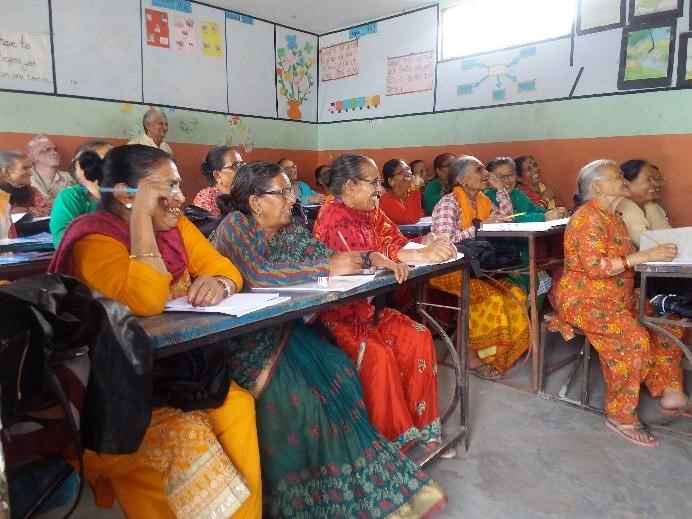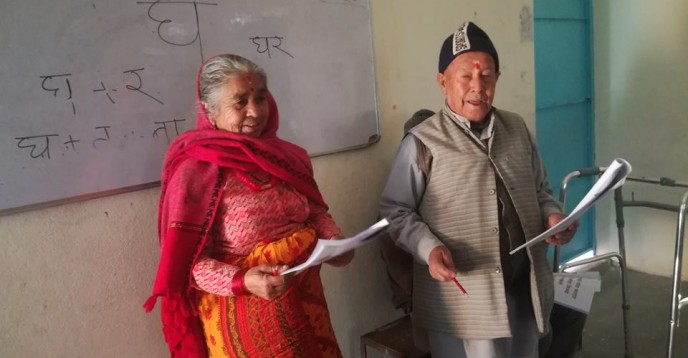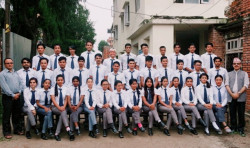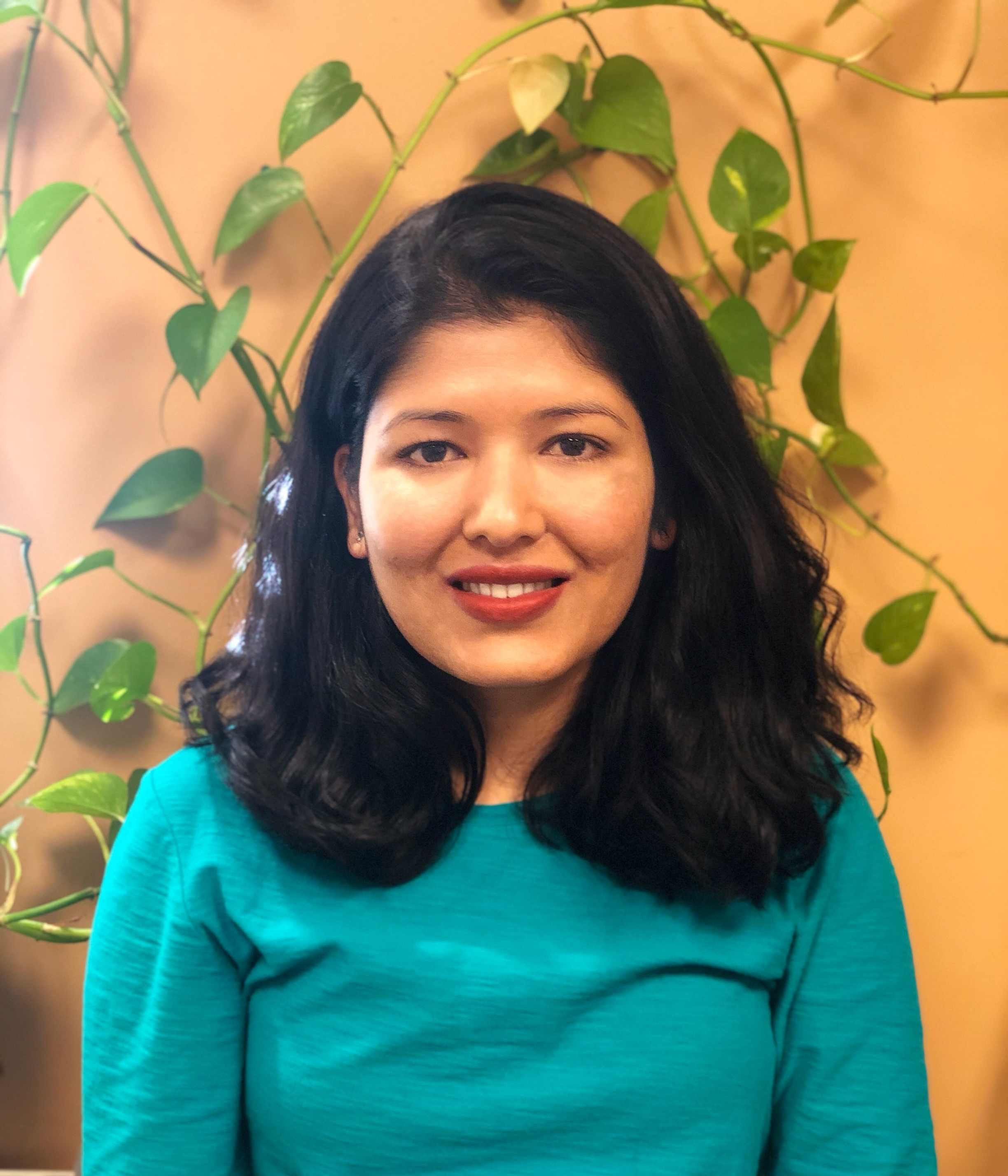Education

A decade ago, my mother called to inform me that she had decided to return to school to complete her secondary education. She was planning to return to school after 42 years. Initially, she stopped attending school after completing the fourth grade to be able to assist her ailing mother and take care of her siblings. In Kathmandu and around the country, many non-traditional secondary women’s schools provide opportunities for students like my mother to complete their secondary education or begin their educational journey.
I was fascinated by my mother’s decision and was curious about what motivates women in Nepal to return to school. I was specifically interested in understanding married women’s motivations to attend secondary education, given that they have primary responsibility for completing domestic chores, caring for family members, and maintaining relationships with extended families. In response to my mother’s educational return and as a result of my curiosity, in 2015, I conducted a qualitative study at Utprerana Women’s Secondary School. I interviewed 35 married women pursuing secondary education, asking them about the factors motivating them to return to school to complete their secondary education.
Women in my study highlighted four major reasons for pursuing secondary education: obtaining functional literacy, having grown-up children and available unstructured time, a love for learning, and obtaining employment opportunities. Most women mention that their primary motivation for attending school is to obtain functional literacy. Without functional literacy, women felt lost as they could not engage in daily activities like navigating public spaces, banking, engaging with their children’s school, using technology, dealing with vendors, and being competitive in the workplace.
One participant, studying in grade one, recalls that her husband forged her signature, “My husband taught me to sign my name, but sometimes he forges my signature and withdraws money from my bank account.” Women’s ability to recognise and sign their name is crucial to independence outside the home. Lack of such ability allows husbands and other family members to influence and curb women’s financial agency.

Among the women involved in this study, most reported that their youngest child was above 11 years of age. A 57-year-old participant who has three children and is studying in grade eight expresses her views on going to school, “When my kids were small, there used to be lots of work at home, but now it is difficult to spend the day as the workload has decreased. So, it has been easy to spend the time going to school.” Participants’ availability of unstructured time during the day allowed them to pursue education. Women also emphasise completing their domestic responsibilities before coming to school.
Participants indicate they are thrilled to return to school and enjoy their classmates’ company. For example, one woman who completed her SLC exams expresses her love for learning, “I was very young when I stopped going to school, and there was no one to support me. But I always felt that if someone could help me enrol in a school, I would agree to work for even someone from a lower caste.” This statement illustrates an intense desire to learn, as the idea of working for someone who belongs to a lower caste is inconceivable for someone who strictly follows the caste system.
Finally, several participants consider education crucial to employment. Lack of education limited women to low-paying jobs. One woman, employed via her familial connections and studying in grade two, expresses her concern regarding these issues, “It is different being educated and holding a job than being uneducated. Without education, you will be given minion jobs. If you are educated, you get an opportunity to hold higher posts, and without education, you need to do whatever task people ask you to do.” This respondent has been employed for the past thirteen years.
Women face numerous challenges while pursuing secondary education, including time management, cost, and learning difficulties for non-traditional students. In addition, they constantly struggle to maintain a balance between domestic and maternal responsibilities with their role as a student. Another major challenge women face attending secondary education is the stigma of not being educated and returning to school late in life. Nonetheless, married women in Kathmandu are motivated to pursue secondary education to master functional literacy because they have grown-up children and available unstructured time. They also love learning and wish to have employment opportunities.
(Srijana Karki is a Visiting Assistant Professor in the Department of Sociology at Oklahoma State University. Her research interest includes stratification, gender inequality, transnational feminism, education, environment, and disaster.)






